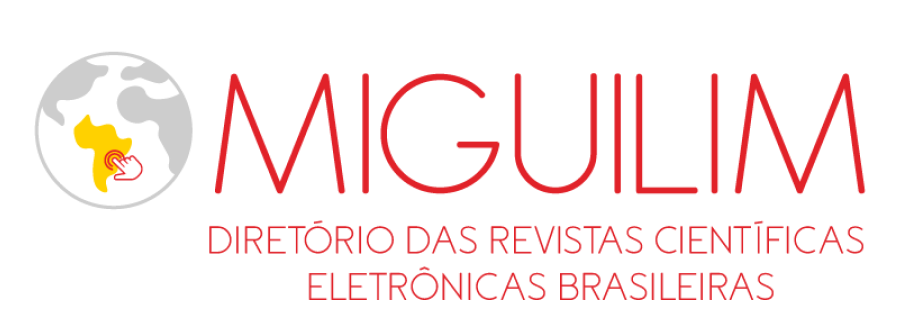Estudo da influência do trabalho investigativo na aprendizagem e no desempenho em manutenção de máquinas térmicas
DOI:
https://doi.org/10.5281/zenodo.15531185Palavras-chave:
Metodologia ativa, Trabalho investigativo, Desempenho, AprendizagemResumo
Este trabalho foi realizado com a quarta turma de alunos do curso superior em Tecnologia da Manutenção Industrial, na disciplina de Manutenção de Máquinas Térmicas. Por meio desse texto objetivou-se estudar a influência gerada pela adoção de metodologias ativas na aprendizagem e na avaliação de desempenho dos alunos de ensino superior. A metodologia aplicada consistiu na proposta de elaboração de um trabalho investigativo por parte dos alunos, cujo tema pesquisado exigiu que houvesse uma apresentação, uma vez findado o prazo fornecido. Para avaliar as apresentações foram designadas bancas examinadoras, as quais foram compostas pelos próprios estudantes da disciplina. Como resultado pode-se verificar uma melhora significativa no desempenho e, consequentemente, na aprendizagem tida pelos alunos, em comparação com as duas primeiras turmas que cursaram a disciplina. Concluiu-se que ao incentivar a pesquisa e conceder aos estudantes a responsabilidade por compartilharem conhecimento e por avaliarem os colegas, o empenho nos estudos é intensificado, o que repercute positivamente na aprendizagem e no desempenho.
Downloads
Referências
BELL, S. Project-based learning for the 21st century: Skills for the future. The Clearing House, 83, 39-43, 2010.
DOYLE, K. O. & L. I. CRICHTON. Student, peer, and self evaluations of college instructors. Journal of Educational Psychology, 70, 815, 1978.
FERNANDES, S., M. A. FLORES & R. M. LIMA. Students' views of assessment in project-led engineering education: findings from a case study in Portugal. Assessment & Evaluation in Higher Education, 37, 163-178, 2012.
FRY, H., S. KETTERIDGE & S. MARSHALL. A handbook for teaching and learning in higher education: Enhancing academic practice. Routledge, 2008.
KRAJCIK, J. S. & P. C. BLUMENFELD. Project-based learning. na.
Mioduser, D. & N. Betzer (2008) The contribution of Project-based-learning to high-achievers’ acquisition of technological knowledge and skills. International Journal of Technology and Design Education, 18, 59-77, 2006.
MORGAN, W. D., VASCH, XE & J. DAVID. An Educational Production Function Approach to Teaching Effectiveness and Evaluation. The Journal of Economic Education, 9, 123-126, 1978.
PALMER, J., G. CARLINER & T. ROMER. Leniency, learning, and evaluations. Journal of Educational Psychology, 70, 855, 1978.
RAMIRES, F., M. MARTINS, M. CUNHA & A. C. ALVES. Different structures of projects in engineering: the perspective of freshmen students. In 8th International Symposium on Project Approaches in Engineering Education and Active Learning, 2016.
TSENG, K.-H., C.-C. CHANG, S.-J. LOU & W.-P. CHEN. Attitudes towards science, technology, engineering and mathematics (STEM) in a project-based learning (PjBL) environment. International Journal of Technology and Design Education, 23, 87-102, 2013.
UTTL, B., C. A. WHITE & D. W. GONZALEZ. Meta-analysis of faculty's teaching effectiveness: Student evaluation of teaching ratings and student learning are not related. Studies in Educational Evaluation, 54, 22-42, 2017.
Publicado
Como Citar
Edição
Seção
Copyright (c) 2019 Revista Processando o Saber

Este trabalho está licensiado sob uma licença Creative Commons Attribution 4.0 International License.
Os direitos autorais dos artigos publicados pertencem à Revista Processando o Saber e seguem o padrão Creative Commons (CC BY), que permite o remixe, adaptação e criação de obras derivadas do original, mesmo para fins comerciais. As novas obras devem conter menção ao(s) autor(es) nos créditos.























